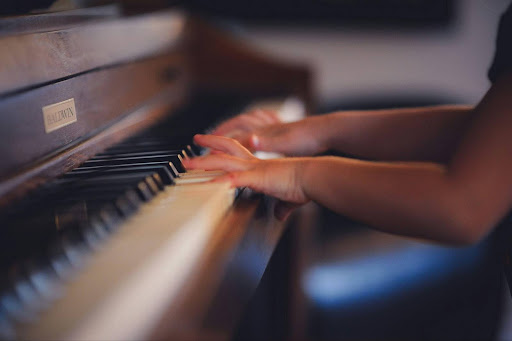Why Every Child Should Learn to Play a Musical Instrument
Why Every Child Should Learn to Play a Musical Instrument
Music education can significantly influence a child’s development. Encouraging your child to
play a musical instrument at a young age can provide them with essential skills that can help
them as they transition to adulthood. Let’s explore the various reasons why you should motivate your little one to learn an instrument during his developmental years.
Cognitive Development
Playing an instrument can stimulate your child’s brain functions, ensuring that their brain performs optimally. It can also boost your child’s problem-solving skills, memory, concentration, and the ability to think out of the box. Since reading and understanding sheet music is essential to playing a musical instrument, your child’s reading comprehension and analytical thinking can significantly improve. These essential skills can help them not only in school but once they become professionals.
Emotional Growth
Music can be therapeutic. Learning a musical instrument at an early age can boost your child’s
social competence and emotional development. Through music, they can creatively express the emotions that they’re unable to communicate vocally. They also become more aware and in tune with their feelings, which can help strengthen their emotional intelligence.
Social Benefits
Learning a musical instrument can foster your child’s team-building and social skills, as they need to play seamlessly with others to create beautiful music. Your child will learn the significance of teamwork and how to interact efficiently with their peers. Music schools such as South Shore Piano School offer group classes and workshops, which can hone not only your child’s performing skills but also their ability to develop meaningful relationships with children from various cultures.
Confidence
While it may take some time for your child to master their musical instrument, the entire learning process can boost their self-confidence and self-esteem. The more confident they become with their musical skills, the more comfortable they will be playing in public. Mastering a musical instrument can also provide them with a sense of achievement, especially if they are able to reach their musical goals, big and small.
Discipline
Music education can teach your loved one the importance of self-discipline. For them to master their musical instrument, they need to exert time and effort during their practices or lessons. Your little one will also learn the value of dedication, patience, and how to be accountable for their actions.
Creativity
Playing an instrument goes beyond memorizing the notes and knowing the right cords to press. Whenever your child plays their instrument, they are letting their inner creativity shine through music. Learning an instrument can help foster their imagination and creative potential.
Physical Development
Playing a musical instrument can help your little one become more aware of their body. Whether it’s hitting the drums or pressing the piano keys, playing a musical instrument can boost their hand-eye coordination, strengthen their motor skills, and build their finger and hand muscles.
Endnote
Learning a musical instrument can profoundly influence your child’s overall development and
quality of life. Remember to support your child as much as you can in their musical journey and allow them to learn at their own pace.
Photo Credit: Clark Young/Unsplash
